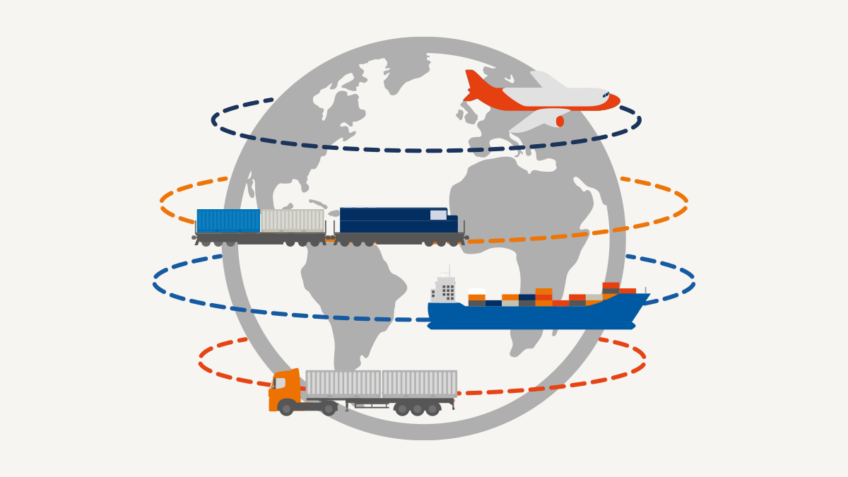“Forwarders do not like shipping line surcharges and we have been challenging their legitimacy on behalf of our members – and their customers – for many years,” says Robert Keen, BIFA Director General. “We welcome the resolution passed by the Global Shippers’ Forum to work towards the end of these surcharges within five years.”
Forwarders do all they can to minimise the effects of the surcharges but in the end at least some of the costs need to be passed on to the customers “and there is sometimes an unfair perception that our members are to blame,” he adds.
Mr Keen is also Chairman of the Multimodal Transport Institute within FIATA, the international trade association that represents the world’s freight forwarders and logistics service providers, and this has been focussing on surcharges for several years.
“Our members have become used to shipping lines adding peak season, fuel and currency surcharges, but the number of surcharges and fees continues to grow – often with no real explanation or justification. For instance, what does an extra ‘administration fee’ or ‘container sealing fee’ cover that is not in the standard service offered?”
Shippers can also be asked to pay surcharges when there is port congestion caused by labour unrest or bad weather, or haulage surcharges when there is a shortage of HGV drivers. “Why are our members – and ultimately their customers, the shippers – being asked to pay extra for services which the port should provide as part of the contract?” Mr Keen asks.
“If a shipper enters a contract to buy goods they should know exactly what they are paying and that price should not change. If they use Incoterms they can buy ex works or FOB and control the supply chain. If they let their supplier arrange shipping, they have no control over the charges applied. But in either case, additional surcharges imposed by shipping lines should not be allowed.
Mr Keen stresses that a shipper in a good relationship with a forwarder can save money as well as time, especially now that many managers involved in the shipping process often have limited experience and knowledge to deal with the complexity of the logistics contracts.
